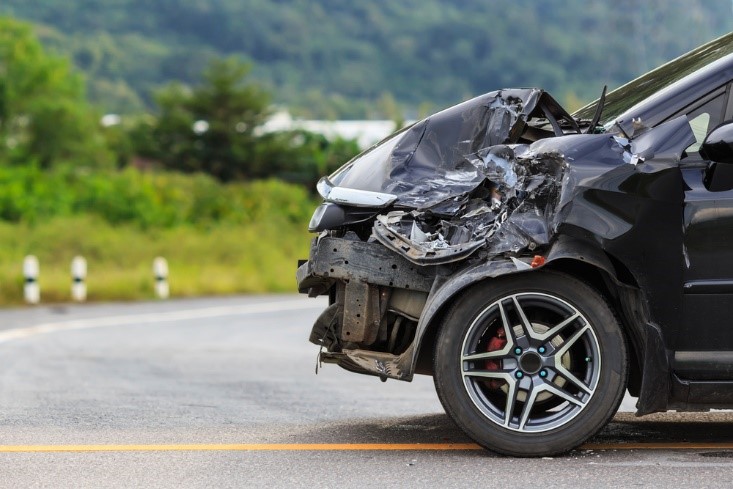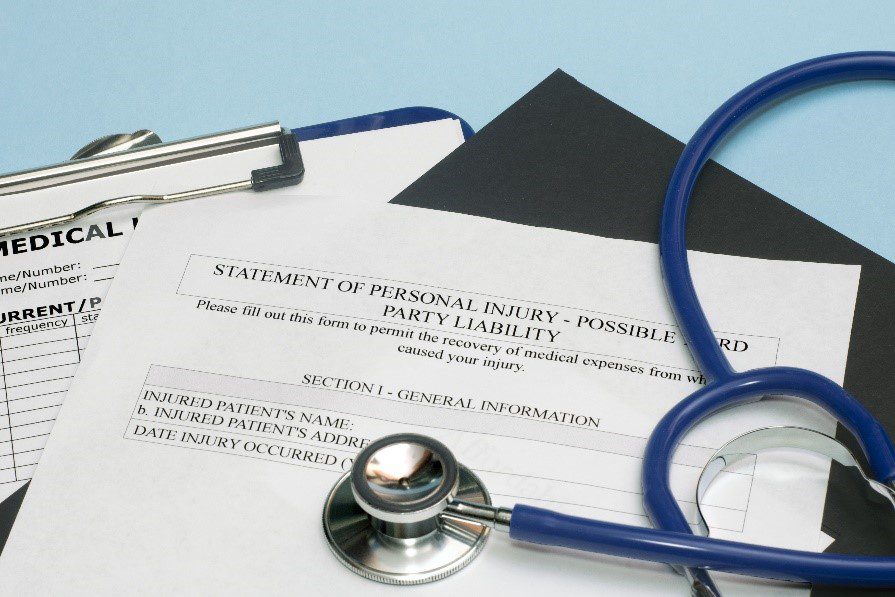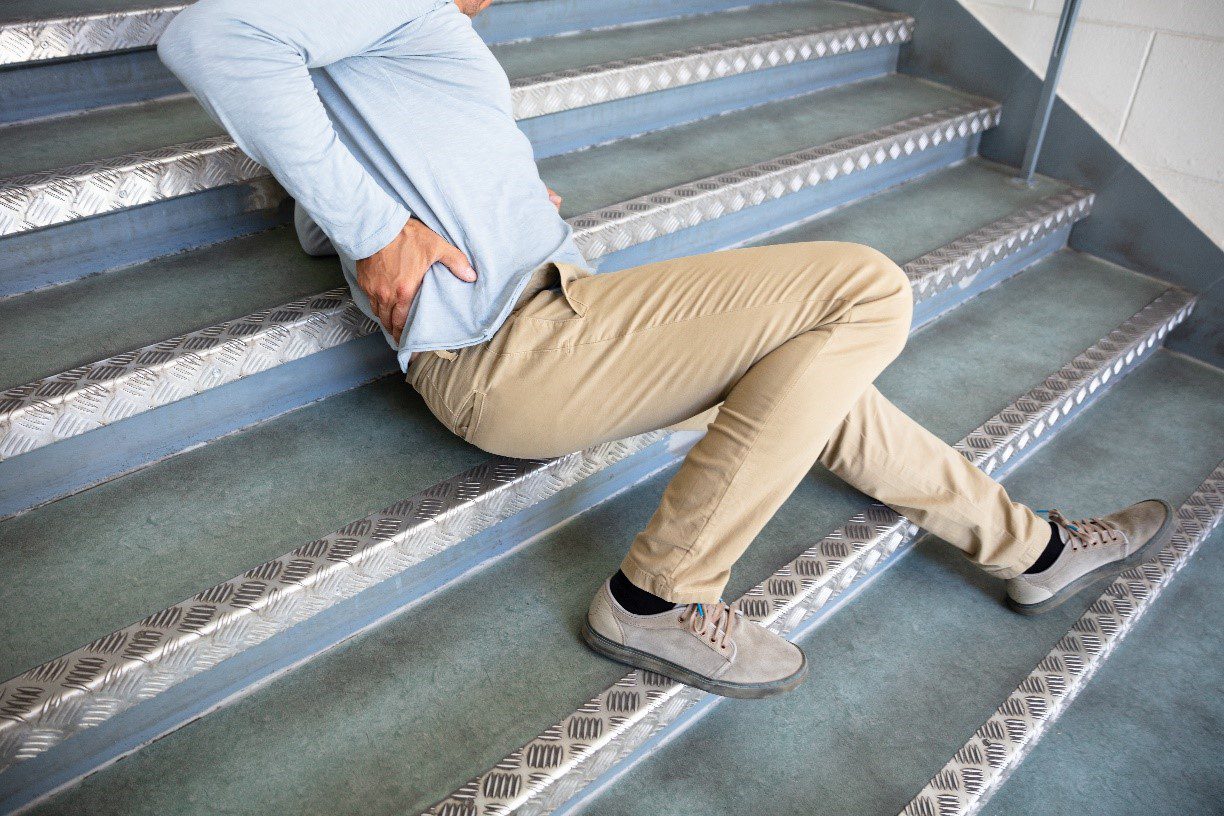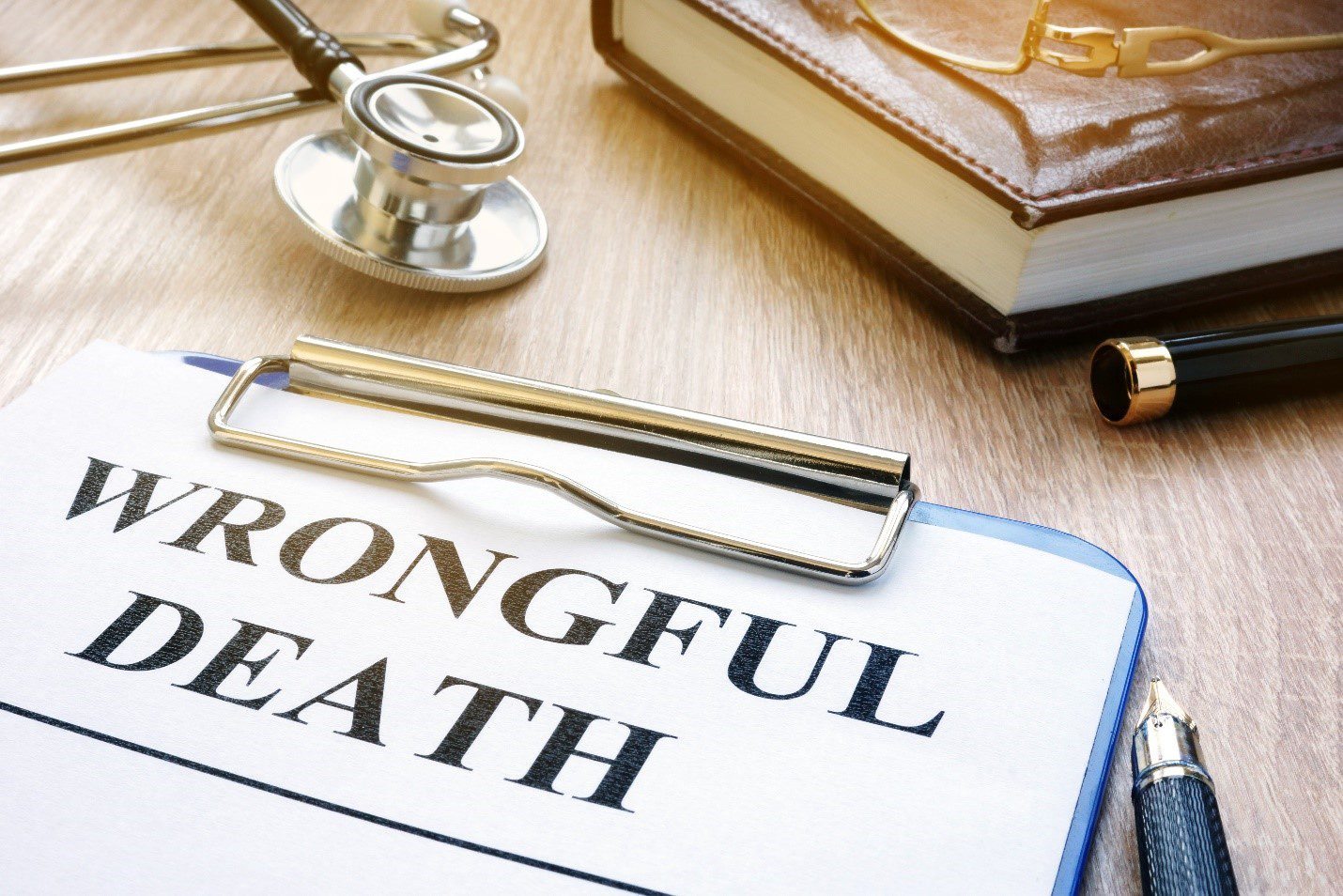Whether you’re working through estate administration for a
friend or family member and have
questions about probate, or you have been hurt in an accident or on the job
and need assistance from an
experienced personal injury attorney, hiring a lawyer can seem
intimidating.
Typing “lawyers
near me” into Google and calling the first law firm or solo practice
attorney that pops up is risky, as you likely won’t know much about that
lawyer’s expertise in the specific area of law you need. And, while most
attorneys will be upfront with you about their legal specializations and types of cases they handle, there
are some with little experience who may be less than transparent about their
credentials.
Indeed, hiring a lawyer is a little bit like interviewing
candidates for an essential job in your company. You want to choose a candidate
who has the right experience and is an excellent fit for the job you’re
offering. However, many people—unless they work in human resources or own their
own business—have likely never conducted a hiring process.
That’s why today’s blog post offers some of our best tips on
how to hire a lawyer.
Whether you decide to consult with one of our caring family law, estates and probate, or personal injury attorneys here at May, Herr & Grosh, or you go with another law firm, we want you to have confidence in the lawyer you ultimately hire so that your legal matter or case is handled with the proper care.
Read more










